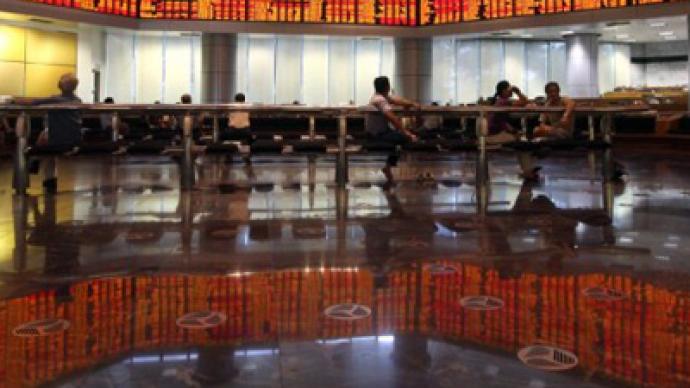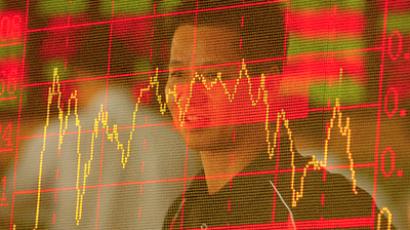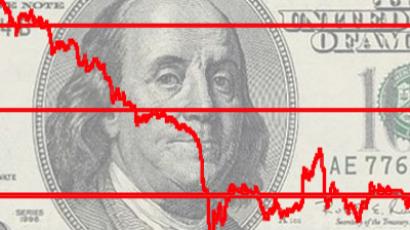Stock price volatility opening opportunity for the brave

The slump in global stock markets, has fed through into a downturn in Russia. But analysts say that is opening up buying opportunities
Russian shares have followed heavy selloffs in recent weeks in major global markets. Monday has seen the MICEX initially fall 3% before stabilizing at about 1-1.5% below the day’s opening.After last week witnessed the biggest selloff of Russian equities since 2008 Monday has most Russian blue chips easing a further 1-3%. That comes after crude prices eased in Asian markets on Monday and with investor sentiment hammered by the S&P downgrade of the U.S. debt rating to AA from AAA, and with Sovereign debt issues in the Eurozone easing on the back of the announcement by the ECB that it will be buying Italian and Spanish bonds. This has seen yields on Spanish and Italian debt drop sharply on Monday.Andrey Vernikov, Deputy Head of Investment research at Zerich Capital Management says the downturn in Russian share prices has opened up some buying opportunities for those prepared to brave the volatile macro environment. "The start of August looks very promising for investors and traders. In June share prices were high and some of them were traded at fair prices, however, last week the MICEX slumped 7% pushing investors to buy on discounted market prices backed by expecting growth in the middle of August. The correction of the US ratings was logical. Investors knew that ratings were overestimated and the new realistic ratings could not be perceived as a negative. If the US rating is adequate and the default of Greece and other weak countries is fair and not extended over a long period than the global investment risks will moderate.”Alexey Dolgikh, Vice president of Troika Dialog said the correction stemmed from negative US economic data feeding through into concern about debt levels but noted that domestic Russian investors had been resilient. “The release of a negative statistic data from the US signaling for further economic slowdown and increased probability of the second wave of recession forced investors to sell equities. However, the Russian investors have shown more interest and action on the equity market increasing their portfolio despite foreign investors sell off trends. The Stock market is tremendously volatile which could probably result in another 1.5-2% shrink of US indexes. Given such a high volume of equities sell off the market could see an upward trend this week.”Zerich’s Vernikov also believes that provided sentiment holds there is scope for buying. “I advise traders to buy equities from the beginning of trading session on the stocks. We expect the market to close 2% above the bottom line at the end of this week. Some experts are even more bullish expecting the markets to close 4% higher.”Natalia Lesina, analyst at Alor, says the Russian stock market follows the global trend with the flight to less risky assets likely to push US Treasury yields lower."The problems began few weeks ago when markets were shaken in the expectations of US technical default. The political parties have hardly worked out the action plan on US debt burden. Nevertheless, a bulk of weak statistic data continues to affect investors’ sentiments. Although, the slump on the stock markets is positive for the U.S given that the demand for risky assets has fallen deeply leading to a consequent relocation of funds in less risky assets notably UST. The increased demand for US bonds reduces their yield and ultimately gives an opportunity to issue new bonds for lower prices soon after the US debt level is lifted up.”














